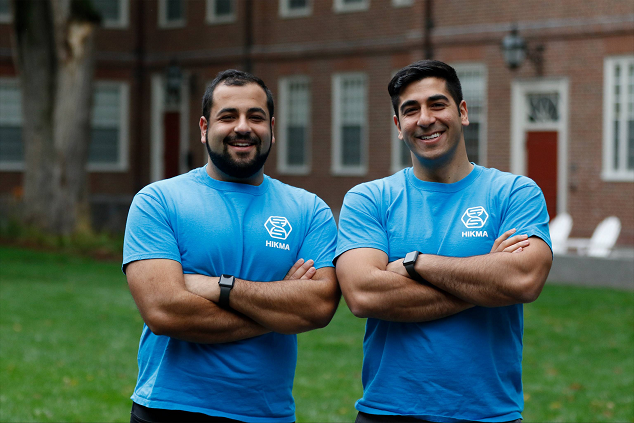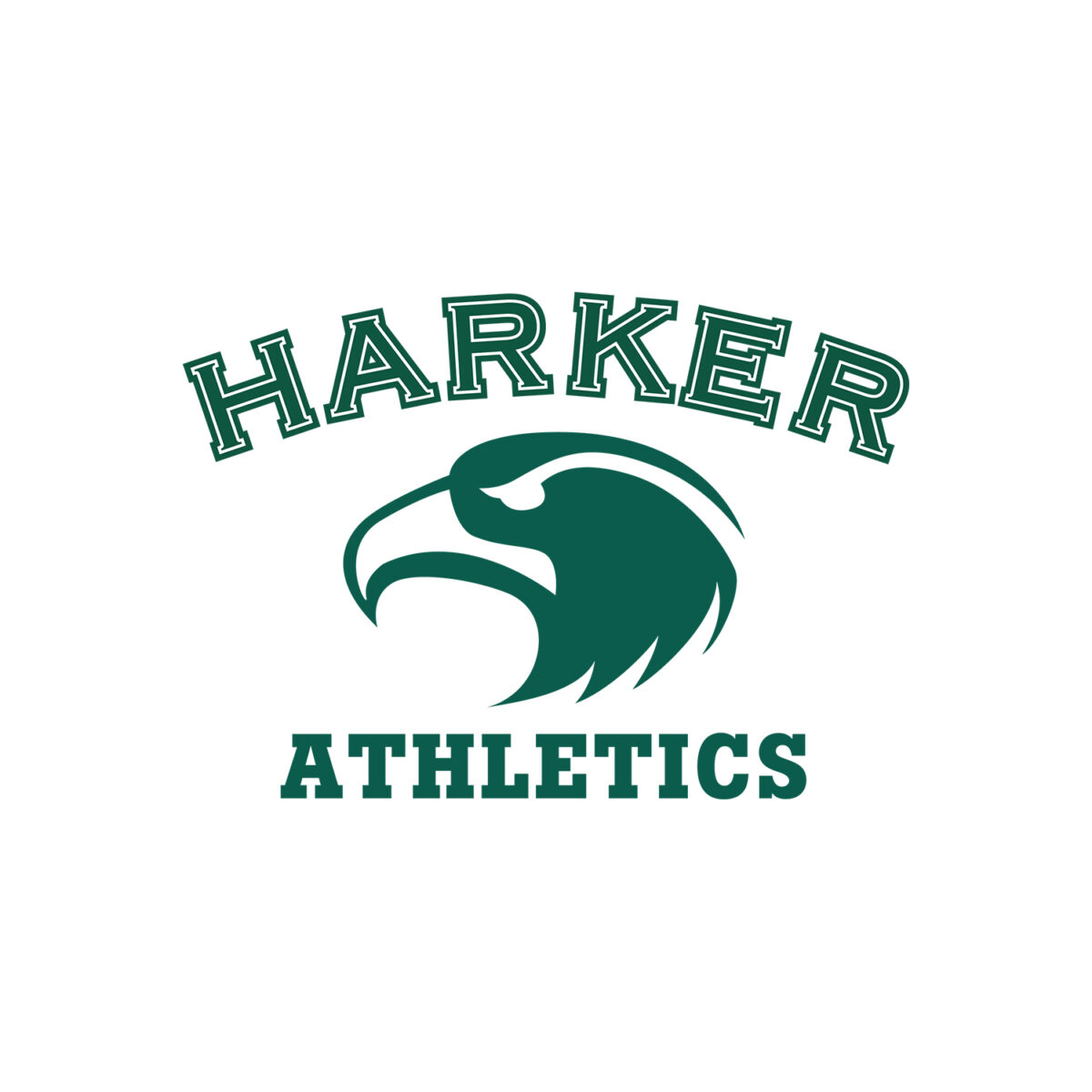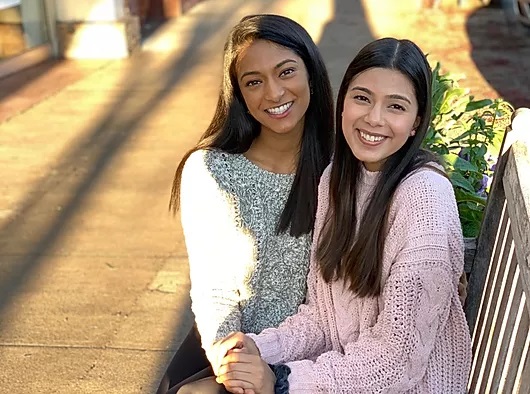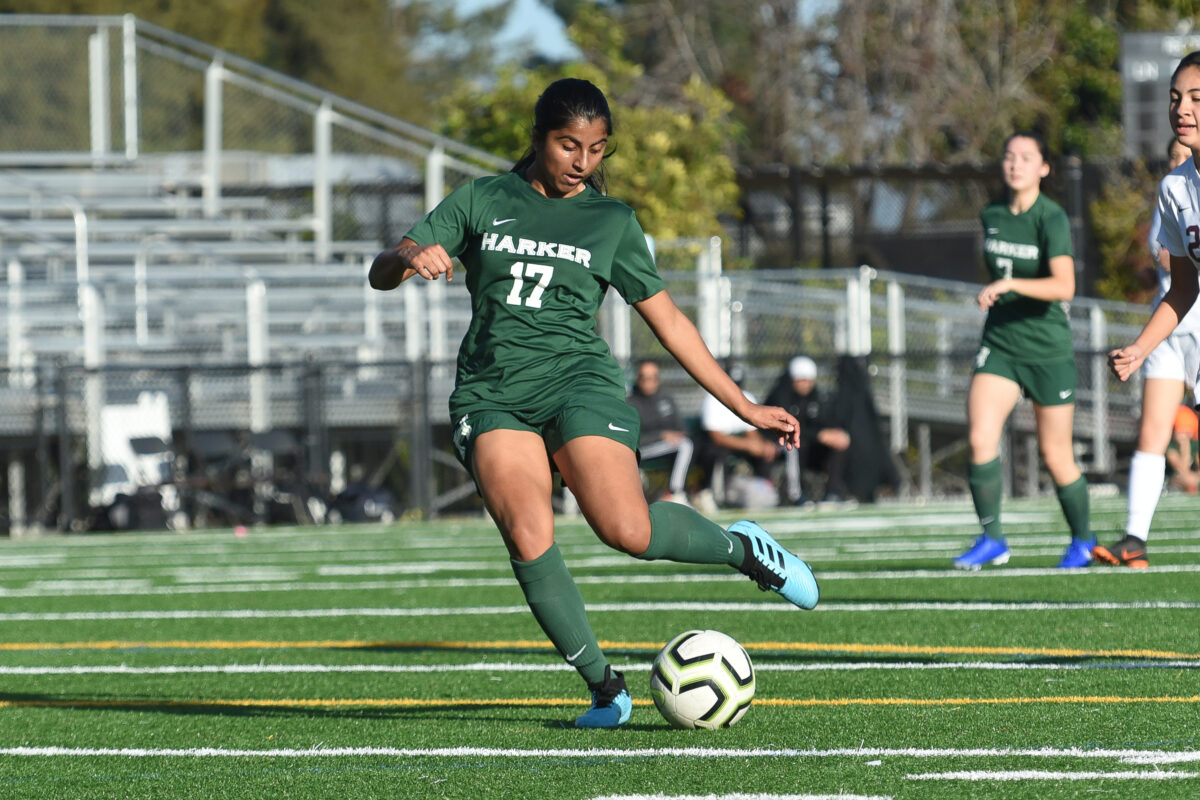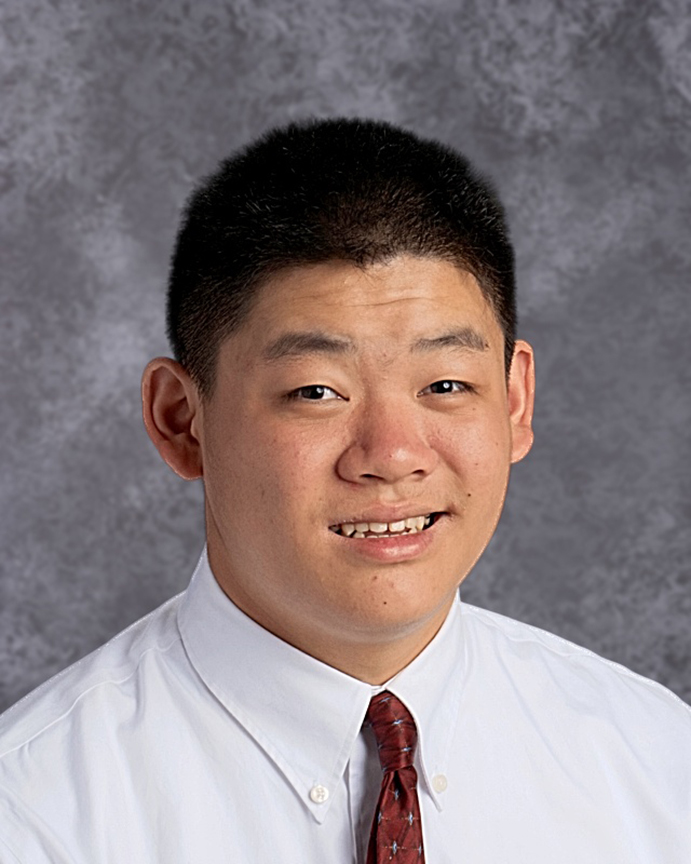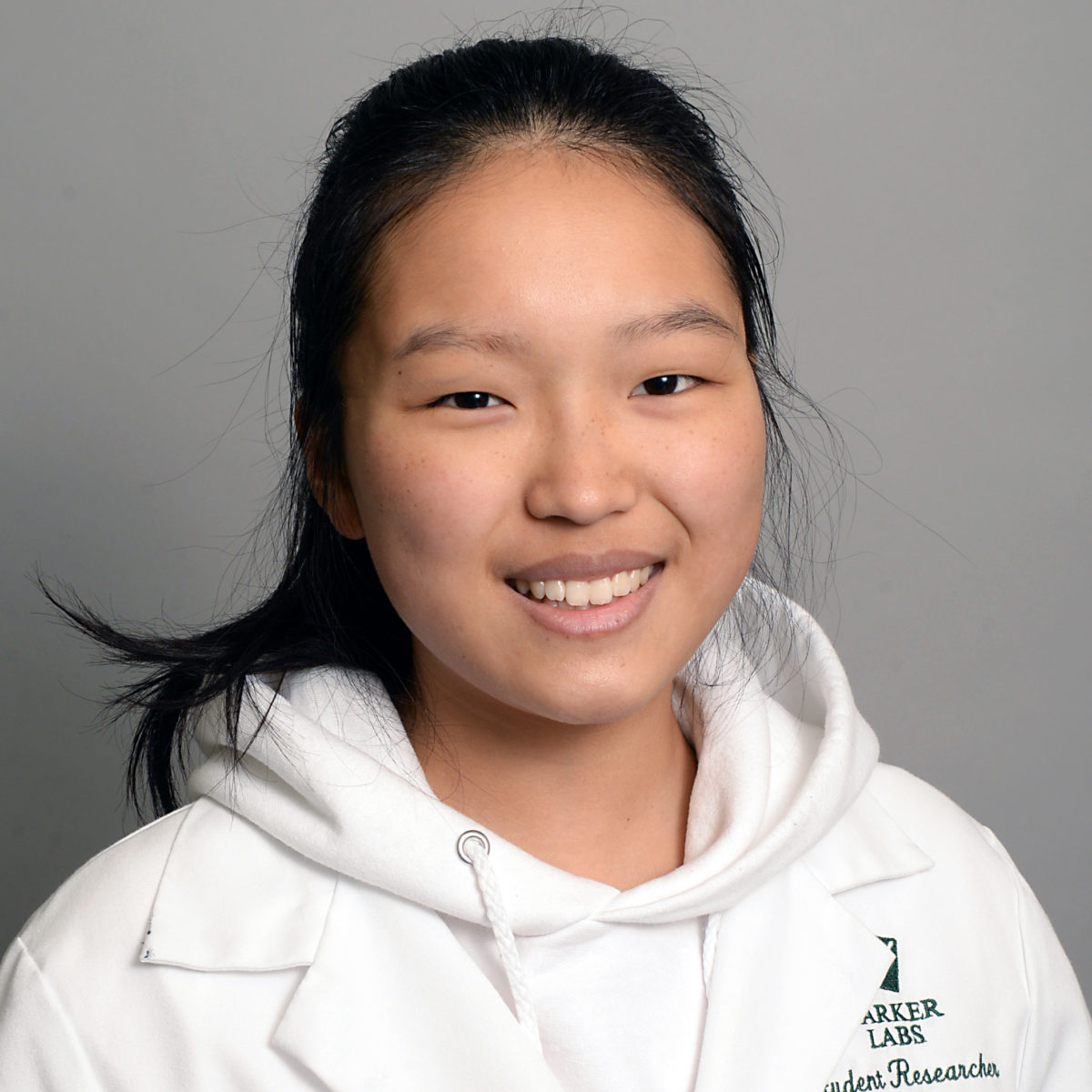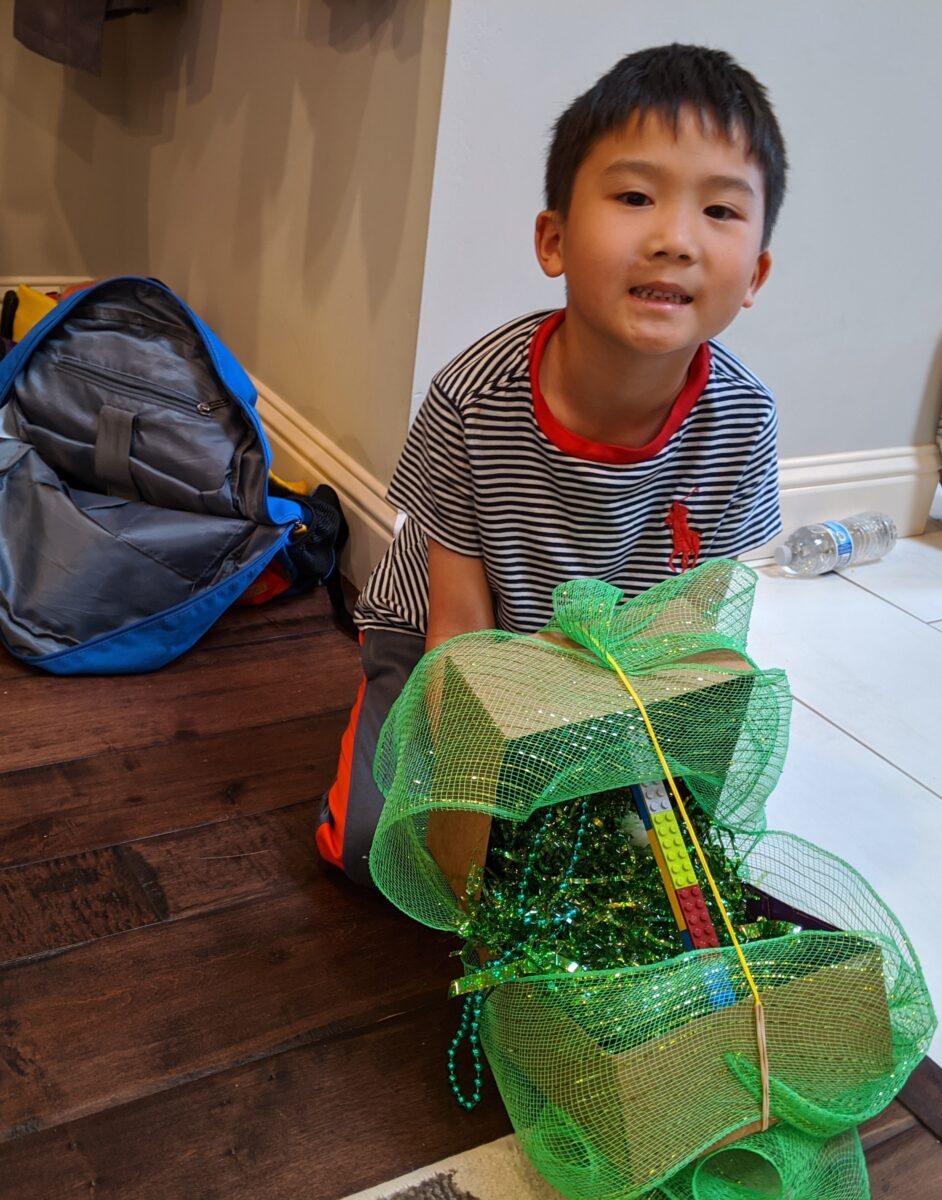Earlier this month, 63 seniors were named semifinalists in the 2020 National Merit Scholarship, placing them among the top one percent of the 1.5 million students who entered the contest as juniors last year.
alumni-express
Employees honored for years of service at end-of-year ceremony
At Thursday’s end-of-the-year ceremony, 67 employees were honored at the annual pin presentation for their years of hard work.
Alumni brothers’ nonprofit develops tool to help refugees during pandemic
Earlier this month, brothers Hassaan and Senan Ebrahim — graduates of the Classes of 2011 and 2008, respectively — were featured in The Harvard Gazette for their work in helping Syrian refugees, in particular the software their organization developed specifically for the COVID-19 pandemic.
Harker seniors sign commitments to play collegiate athletics
Harker is proud to announce the nine student athletes from the Class of 2020 that have signed commitments to play collegiate sports next year.
Alumnae-founded tutoring service seeks to help those impacted by COVID-19
Class of 2018 alumnae Sohenee Banerjee and Meghana Karinthi have started a virtual tutoring service that donates tuition fees to organizations providing relief during…
Four Eagles named to Prep2Prep All-CCS girls soccer teams
After an impressive 13-2-3 season for the girls soccer team, four Eagles were named as part of the Prep2Prep All-CCS teams. Megha Salvi, grade…
Upper school ASB and Student Council raising funds to help families affected by COVID-19
The upper school ASB and Student Council have launched a donation drive to support Silicon Valley Strong, an initiative started by San Jose Mayor Sam…
[UPDATED] Senior named national runner-up in Journalist of the Year contest
May 1, 2020: In mid-April, the Journalism Education Association named senior Eric Fang one of its national runners-up in their Journalist of the Year…
Alumna joins Crown Education Challenge to help students find hope during COVID-19 pandemic
Amy Jin ‘18, currently attending Harvard, is now a team member for the Crown Education Challenge, an international contest for K-12 students that contains…
Lower school students and educators make the most of remote learning
In the two weeks since Harker campuses closed in response to the COVID-19 pandemic, the lower school community has been finding many unique ways…


